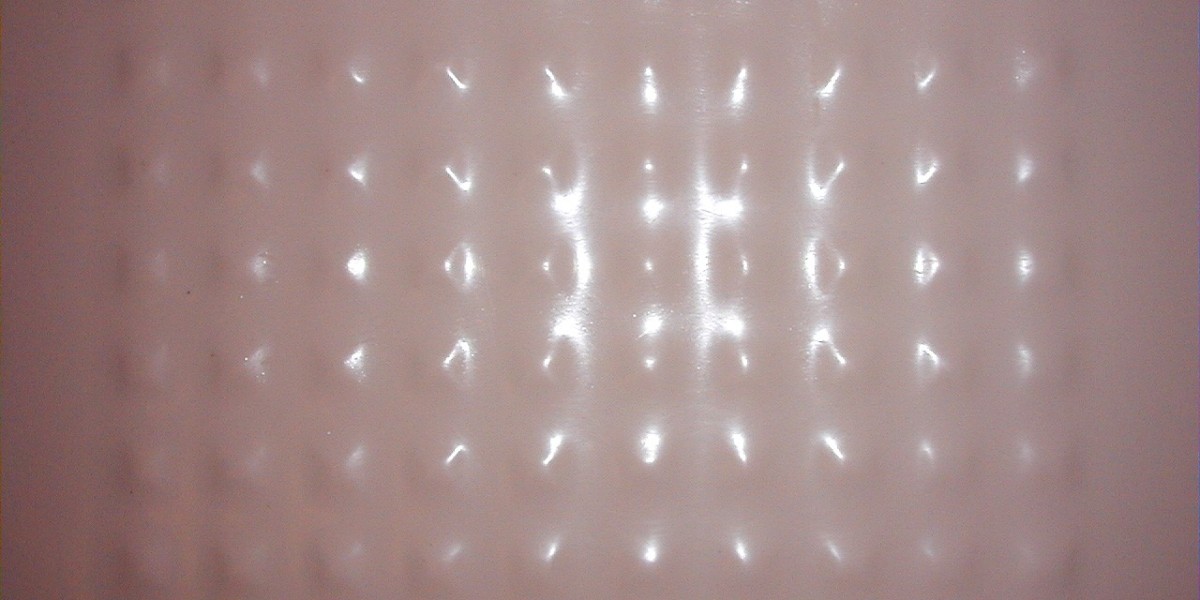KPV Peptide: Top Benefits and Uses for Gut Health and Inflammation
The primary benefit of KPV peptide is its capacity to reduce inflammation in the gastrointestinal tract. By blocking the interaction between pro-inflammatory cytokines and their receptors, it dampens the cascade that leads to mucosal damage. This makes it useful in treating inflammatory bowel disease such as Crohn’s disease and ulcerative colitis, where chronic gut inflammation is a hallmark. In addition, KPV can help restore intestinal barrier function by upregulating tight junction proteins; this reduces permeability ("leaky gut") and prevents systemic exposure to bacterial endotoxins.
For general anti-inflammatory purposes, KPV peptide has been studied in models of arthritis, asthma, and neuroinflammation. Its small size allows it to penetrate tissues efficiently, and its rapid clearance from the bloodstream limits potential side effects. Clinical trials have shown that oral or topical administration can lower markers such as C-reactive protein, tumor necrosis factor alpha, and gaiaathome.eu interleukin-6 in patients with inflammatory disorders.
Summary of KPV Peptide Benefits
- Potent anti-inflammatory action – inhibits cytokine signaling pathways and reduces the production of reactive oxygen species.
- Gut barrier reinforcement – enhances expression of occludin, claudins, and ZO-1, strengthening tight junctions in intestinal epithelium.
- Rapid tissue penetration – its tripeptide structure facilitates swift absorption into target cells without the need for carrier molecules.
- Low toxicity profile – studies report minimal adverse reactions even at high dosages, making it suitable for long-term use.
- Versatile administration routes – can be delivered orally, via injection, or topically in creams and gels, allowing flexibility based on the condition being treated.
KPV peptide exerts its anti-inflammatory effects through several mechanisms. First, it competes with endogenous peptides for binding sites on the formyl peptide receptor 2 (FPR2), a G-protein coupled receptor that mediates inflammation resolution. By occupying these receptors, KPV blocks downstream signaling that would normally amplify inflammatory responses. Second, KPV activates the nuclear factor erythroid 2–related factor 2 (Nrf2) pathway, which induces antioxidant enzymes and suppresses oxidative stress—a key driver of chronic inflammation. Third, it downregulates NF-κB activation, a transcription factor central to the expression of many pro-inflammatory genes.
In gut models, KPV peptide reduces infiltration of neutrophils and macrophages into the mucosa, lowers levels of myeloperoxidase, and diminishes mucus layer disruption. In vitro studies with intestinal epithelial cells show that KPV treatment preserves barrier integrity under inflammatory challenge, while in vivo mouse experiments demonstrate reduced disease activity indices in colitis models.
Because of these combined actions, KPV peptide is emerging as a promising therapeutic candidate for managing chronic inflammatory conditions, especially those affecting the gastrointestinal tract, where maintaining mucosal health is critical.






